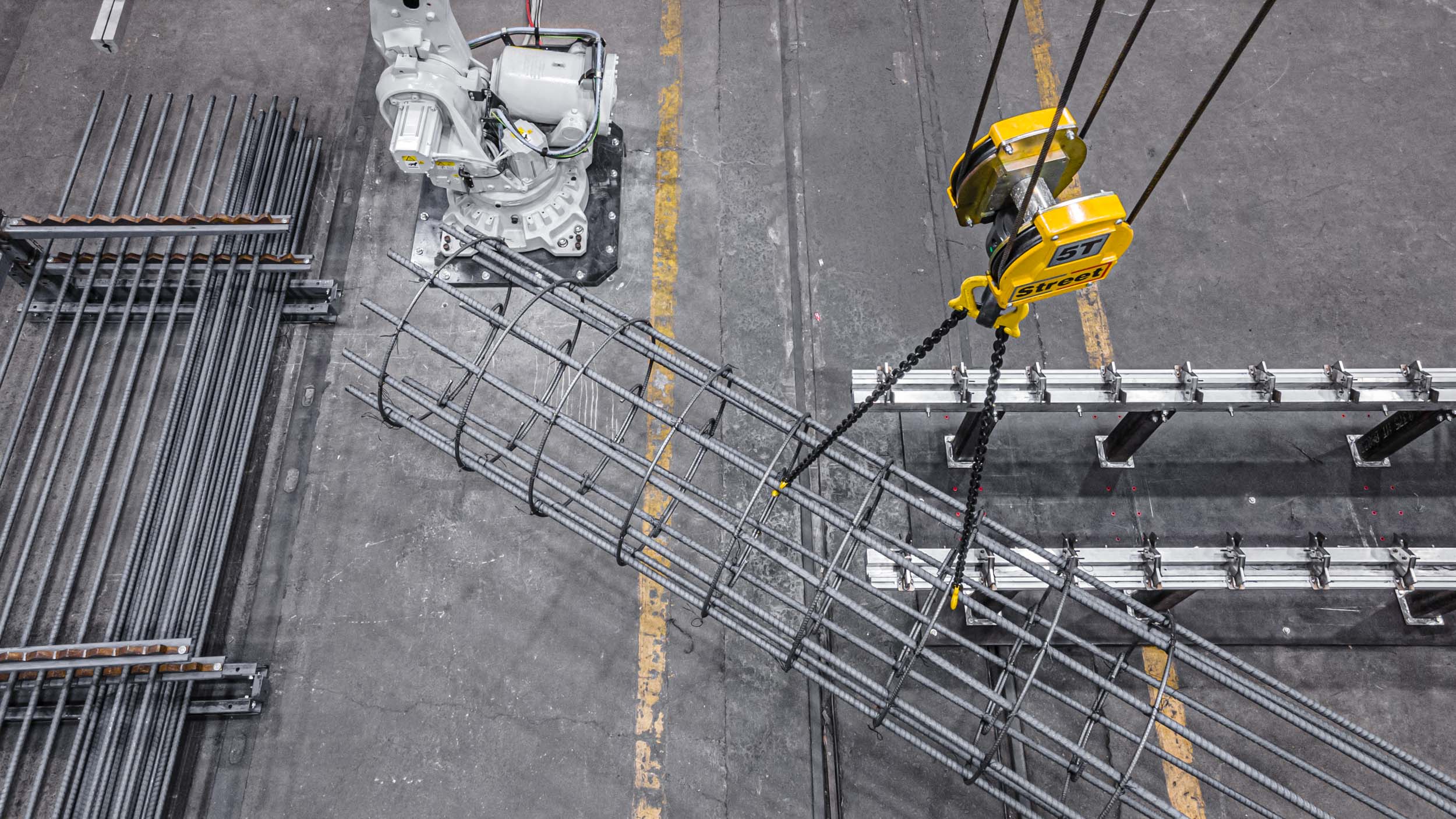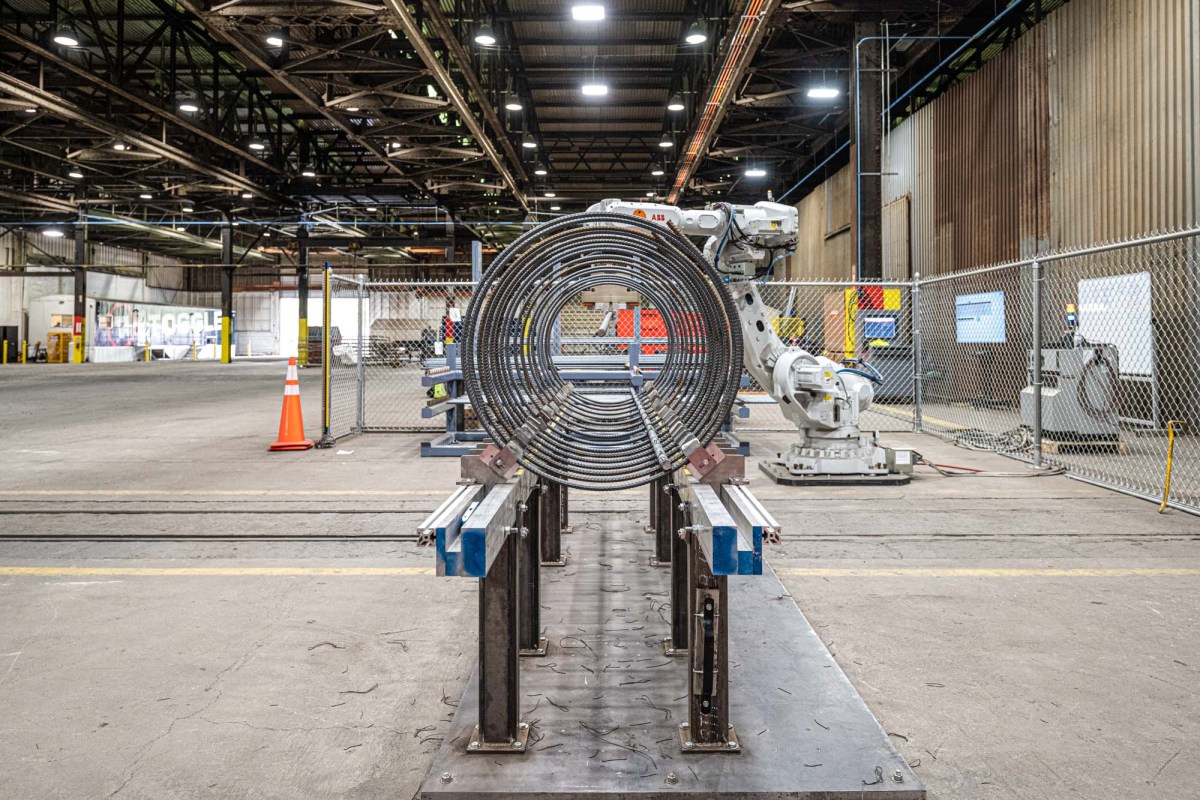There’s no denying that the robotics startup world has taken a hit during the ongoing economic downturn. Recent numbers prove what we’ve all suspected for some time. But two things are true: 1) The lull is temporary; and 2) While robotics isn’t recession-proof, construction might as well be.
This is certainly a theme of late — as other categories of robotics have struggled to raise, those operating in construction appear relatively unimpacted. New York-based Toggle this morning announced that it has added another $3 million to its coffers as part of a “Series A Extension.” The initial $8 million Series A was announced back in 2021. Japanese firm Tokyu Construction is a first-time investor in the startup, whose total raise is currently at $15 million.

Image Credits: Toggle
Toggle CEO Daniel Blank tells TechCrunch:
With a renewed interest in American manufacturing and production capacity and the investments pouring into infrastructure and renewable energy in particular (but also batteries and microchips manufacturing), we have been successful at navigating the difficulties whether due to our category, a slowing economy or the pandemic. In this round, adding strategic investors, we’ve demonstrated that the problem of labor cost, availability and speed is really at the forefront for construction firms and they are going directly to the tech startups rather than through VCs to access solutions.
Toggle makes robots that bend rebar, the steel skeletal reinforcement you find in all manner of heavy construction. The company’s headcount is currently at 40, which the company plans to double over the course of the next year, following an upcoming Series B raise. Those roles will primarily be focused on engineering and operations.
Blank notes that the pandemic has contributed to an increased interest in automating difficult and expensive pieces of the construction process.

Image Credits: Toggle
“The pandemic has had a significant impact on the construction industry, leading to increased costs and complexity. Supply chain disruptions, inflation, and rising labor costs have all played a role,” he explains. “To combat these challenges, there has been a growing interest in the adoption of robotics in construction. This trend is consistent across different segments of the industry, as owners and contractors seek ways to save time and money. Robotics and automation, similar to those used in manufacturing, are seen as a solution. This has also led to an acceleration in the use of prefab and modular construction methods.”
In addition to hiring, the new funds will be used to ramp up its robotic production.
